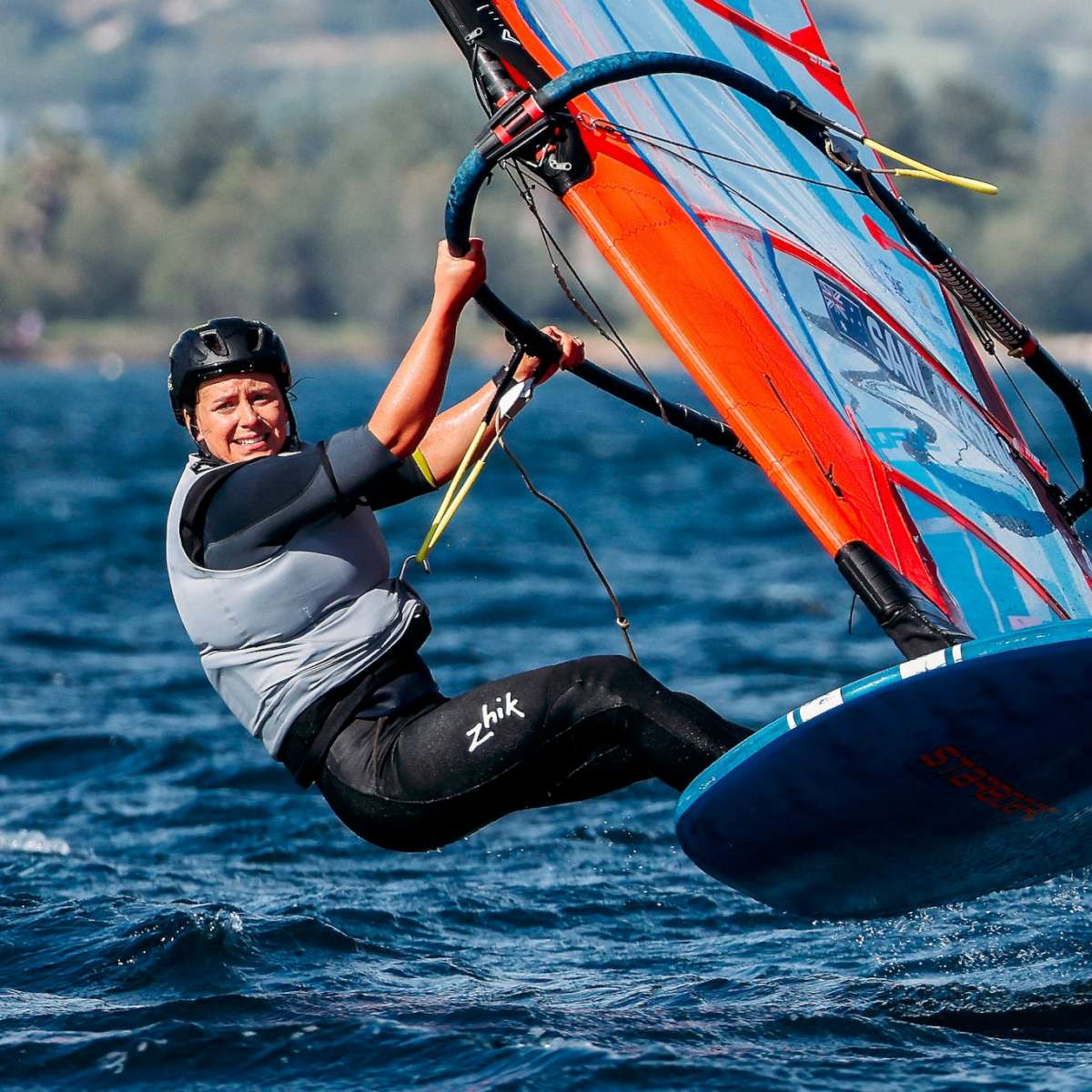The start of The Ocean Race created over 1,200 full-time jobs in Spain and attracted more than 300,000 visitors during the opening period of Ocean Live Park in Alicante Puerto de Salida.
The organisers of The Ocean Race and the Valencian regional Government, through the Conselleria (regional department) of Innovation and the Society for Digital Transformation Projects (SPTD), presented the economic impact generated over the race start period in Alicante to be estimated at €71.6 million in Gross Domestic Product (GDP) of which €58.5 million was in the Valencian Region.
This figure represents the equivalent of over 1,200 full-time jobs annually in Spain, the vast majority in the Valencian Region, according to the independent study carried out by PricewaterhouseCoopers (PwC).
The start of the race attracted over 300,000 visitors from the opening of the Ocean Live Park on January 7th until the departure of the around the world race on January 15th. The Ocean Live Park featured a wide variety of family-friendly activities.
One of the milestones of this edition was to reach a record in daily visitors with 81,118 and 70,662 visitors on January 14th and 15th, respectively – the most in the five editions the start has been hosted in Alicante.
Jordi Esteve, responsible for the PricewaterhouseCoopers study, said: “The celebration of The Ocean Race is a benchmark and one of the main economic engines and job creators for Alicante, the Valencian Region, and Spain, as shown by the numbers”.
The report indicates that the national expenditure during the period covered in the report amounted to almost €49 million, of which the vast majority was spent in the Valencian Region. The most favoured sectors were retail and hospitality, which enjoyed 45% of the indirect and induced impact.
In addition to wealth and employment, The Ocean Race has also had a very significant impact on tax revenue – €33 million in VAT, income tax, social security, and corporate tax.
Richard Brisius, Race Chairman of The Ocean Race, said: “The expenditure and investment made, both by spectators, organisers, and all of the other stakeholders involved in the regatta, such as sponsors and teams, are a very relevant stimulus for the economy and the business fabric of the Valencian Region. We are also proud to have welcomed 2,200 school children to educational sessions on ocean protection and 18,000 visitors to the One Blue Voice pavilion – an inspirational experience developed in collaboration with the founding partner of our Racing with Purpose sustainability programme, 11th Hour Racing, to engage and educate about the race to protect our ocean.”
Antonio Rodes, CEO of the Society for Digital Transformation Projects (SPTD), said: “For us it was very important to introduce values reflecting the two major vectors on which economic growth and development in the world pivot at the moment – i.e. digitalisation and decarbonisation, which have both been present in this edition. The positive impact has been not only on GDP and employment, but also on the hotel sector during the low period after Christmas, and the boost it has given to the hospitality and retail sectors in the city and province of Alicante”.
Alicante has been the starting port of The Ocean Race for five editions and will return as the start port for the next edition scheduled for 2026-27. Since 2010, the city has also been home to the headquarters of The Ocean Race, and since 2012 Alicante has been home to The Ocean Race Museum, which in 2022 saw its visitor figures return to pre-pandemic levels.
For more on The Ocean Race, visit our website: www.theoceanrace.com
























